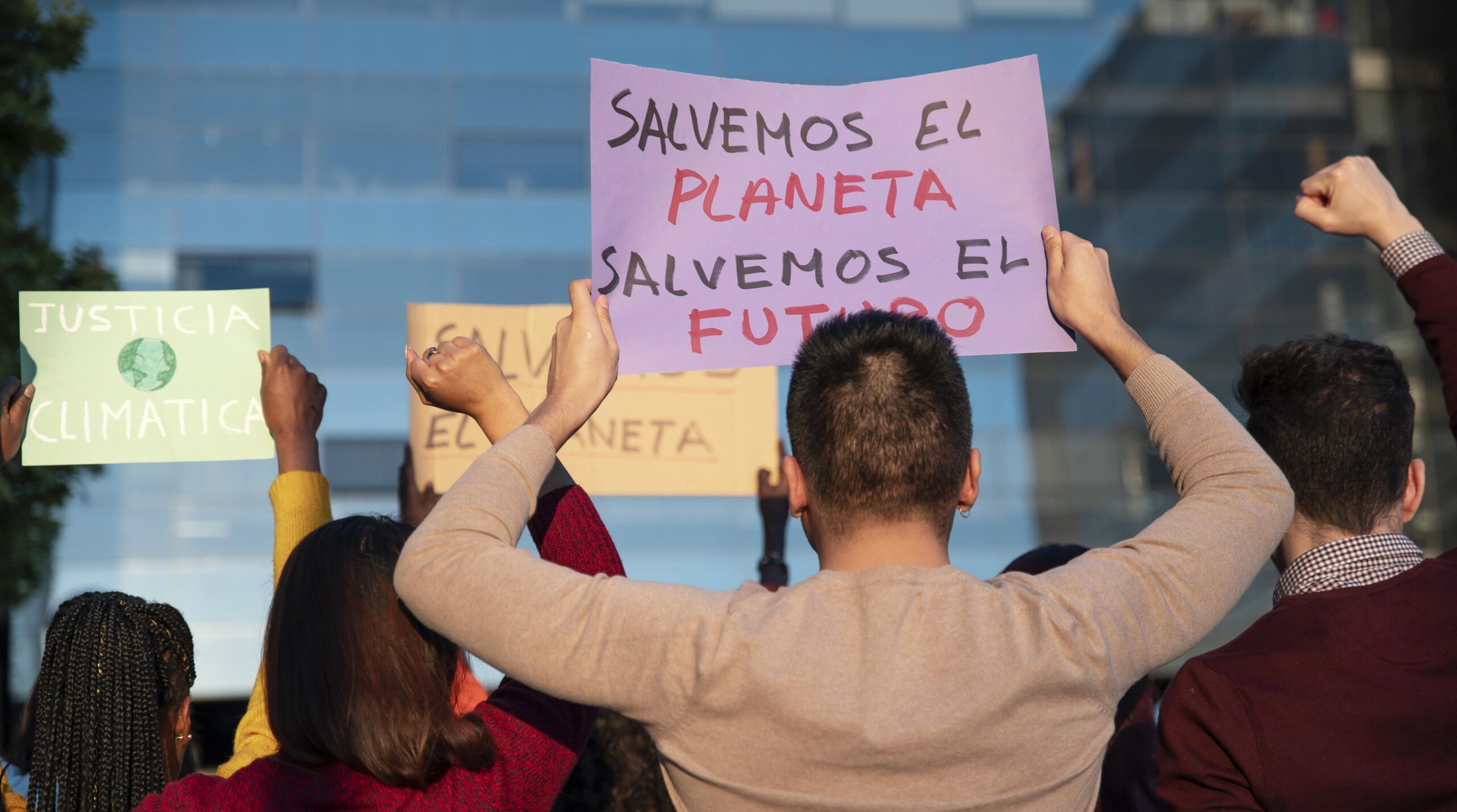
IMF Extends Lifeline to Argentina with a $7.5 Billion Loan Amidst Ongoing Financial Turmoil
Argentina, known for its rich culture and vast natural resources, has faced a protracted period of economic instability characterized by high inflation rates, currency depreciation, and mounting public debt. This crisis has resulted in significant social and political unrest, adversely affecting the lives of millions of Argentinians.
IMF Steps In
In a bid to address Argentina’s economic woes, the International Monetary Fund, an international financial institution that offers loans to countries in need, has extended a lifeline. The IMF’s decision to approve a $7.5 billion loan signifies not only a vote of confidence in Argentina’s potential for recovery but also a recognition of the urgency of the situation.
Understanding the Loan
The $7.5 billion loan package, aimed at stabilizing Argentina’s economy, comes with certain conditions and expectations. These conditions are typically designed to ensure that the borrowing country undertakes necessary economic reforms to address the root causes of its financial troubles. It’s essential to delve into the specifics of this loan, its implications for Argentina, and how it fits into the broader context of international financial aid.
The Road to Financial Turmoil
To appreciate the significance of this IMF loan approval, it’s crucial to understand the path that led Argentina into its current financial predicament. Several factors have contributed to the crisis:
- High Inflation: Argentina has grappled with persistently high inflation rates, eroding the purchasing power of its citizens and creating economic uncertainty.
- Currency Depreciation: The Argentine peso has experienced sharp devaluation, leading to a loss of confidence in the currency and sparking capital flight.
- Public Debt Burden: The country’s public debt levels soared, raising concerns about its ability to service its obligations.
- Political Uncertainty: Frequent changes in leadership and shifts in economic policy have added to the instability, making it difficult to implement consistent economic strategies.
IMF Loan Conditions and Reforms
IMF loans often come with conditions aimed at addressing the underlying economic issues in the borrowing country. For Argentina, these conditions may include fiscal reforms, efforts to reduce inflation, and measures to improve the sustainability of its public debt. It’s essential to examine the specific reforms that Argentina is expected to undertake as part of this loan agreement.
Impact on Argentina’s Citizens
The economic crisis in Argentina has had a profound impact on its citizens, leading to job losses, reduced purchasing power, and challenges in accessing basic services. The IMF loan approval raises questions about how the funds will be allocated and whether they will effectively alleviate the hardships faced by ordinary Argentinians.
Regional and Global Implications
Argentina’s financial troubles have broader implications, not only for the country itself but also for the stability of the Latin American region and the global economy. This section explores how Argentina’s crisis fits into the larger economic and geopolitical context.
Public Reaction and Political Response
The IMF loan approval is likely to evoke mixed reactions among Argentinians. While some may see it as a lifeline for the economy, others may view it with skepticism, given past experiences with IMF loans. It’s important to analyze how the public, political parties, and civil society organizations are responding to this development.
The Road Ahead
As Argentina begins to implement the reforms required by the IMF, the country faces a challenging road ahead. It must navigate the intricacies of economic policy, address social unrest, and rebuild confidence in its economy. This section explores the potential paths that Argentina can take in its quest for economic stability.
The IMF’s approval of a $7.5 billion loan for Argentina is a significant development in the ongoing saga of the country’s financial crisis. It offers hope for stabilization and recovery but also comes with the responsibility of implementing necessary reforms. The journey ahead is fraught with challenges, but Argentina’s ability to address its economic issues will not only impact its own citizens but also have implications for the stability of the region and the global economy. As the country embarks on this path, the world watches with a vested interest in its success.




